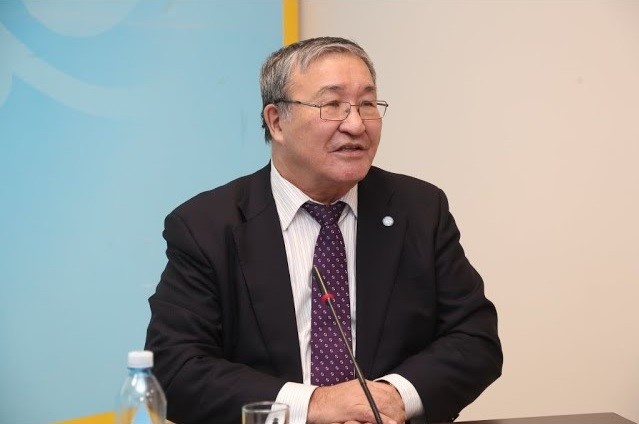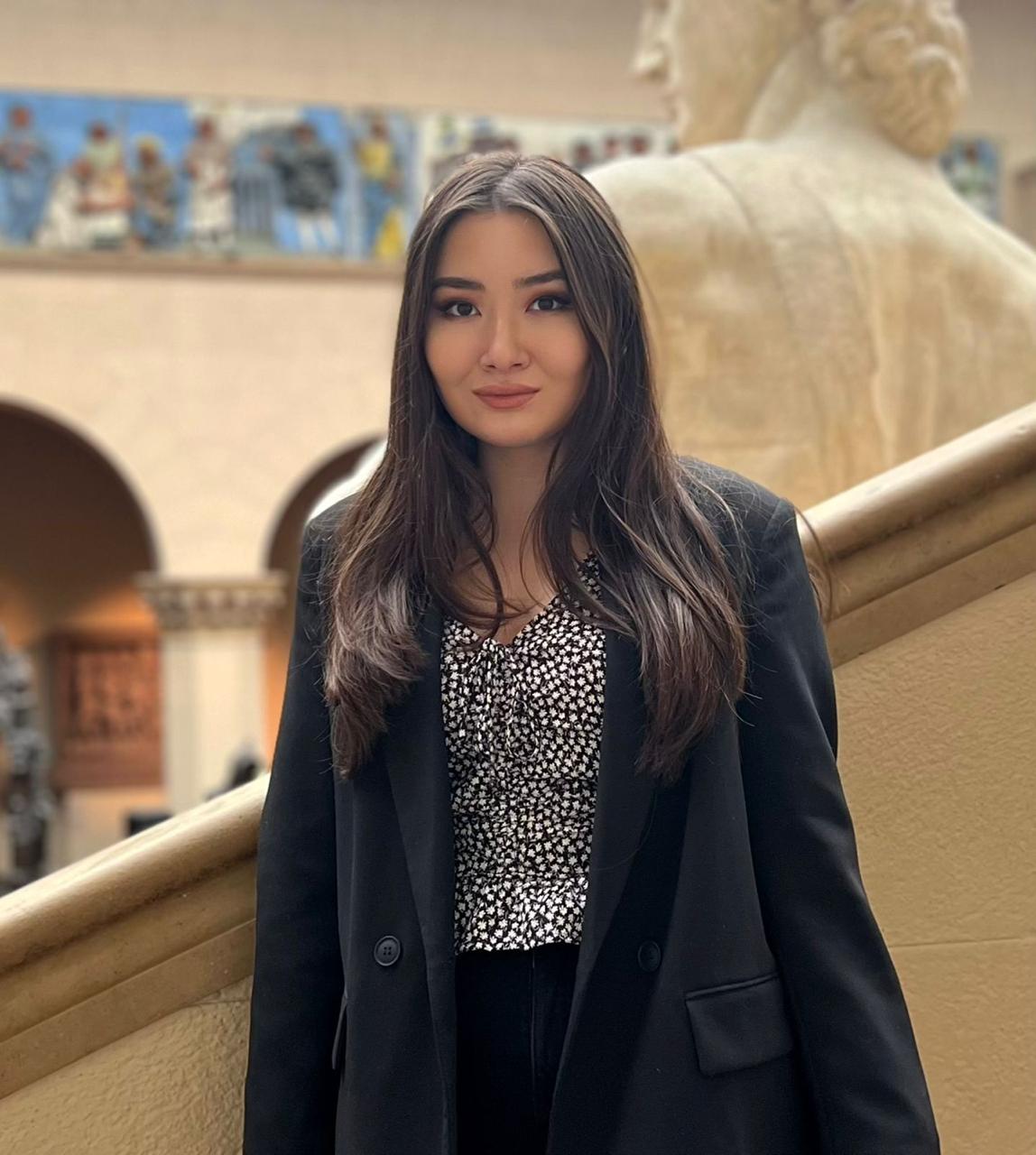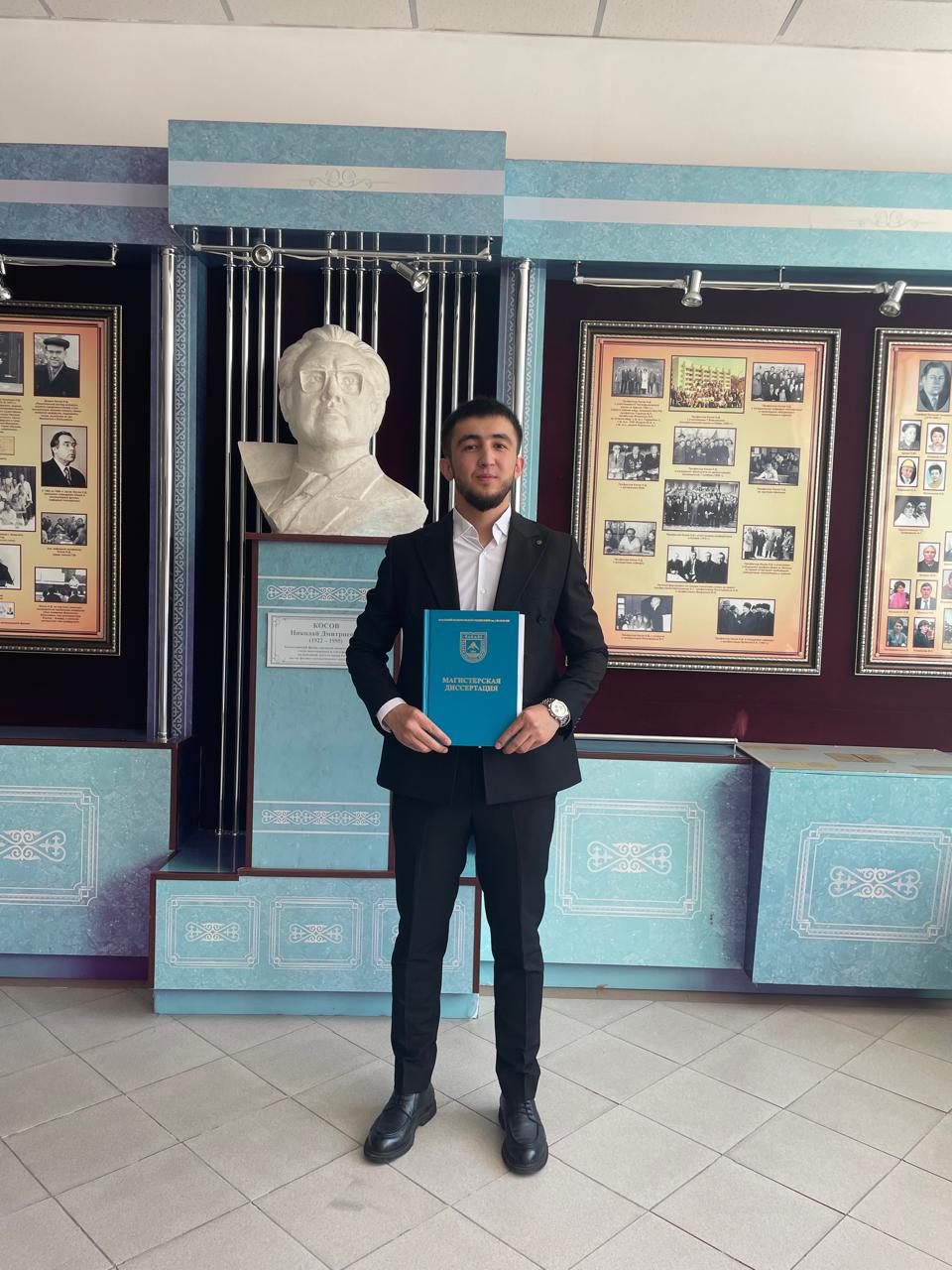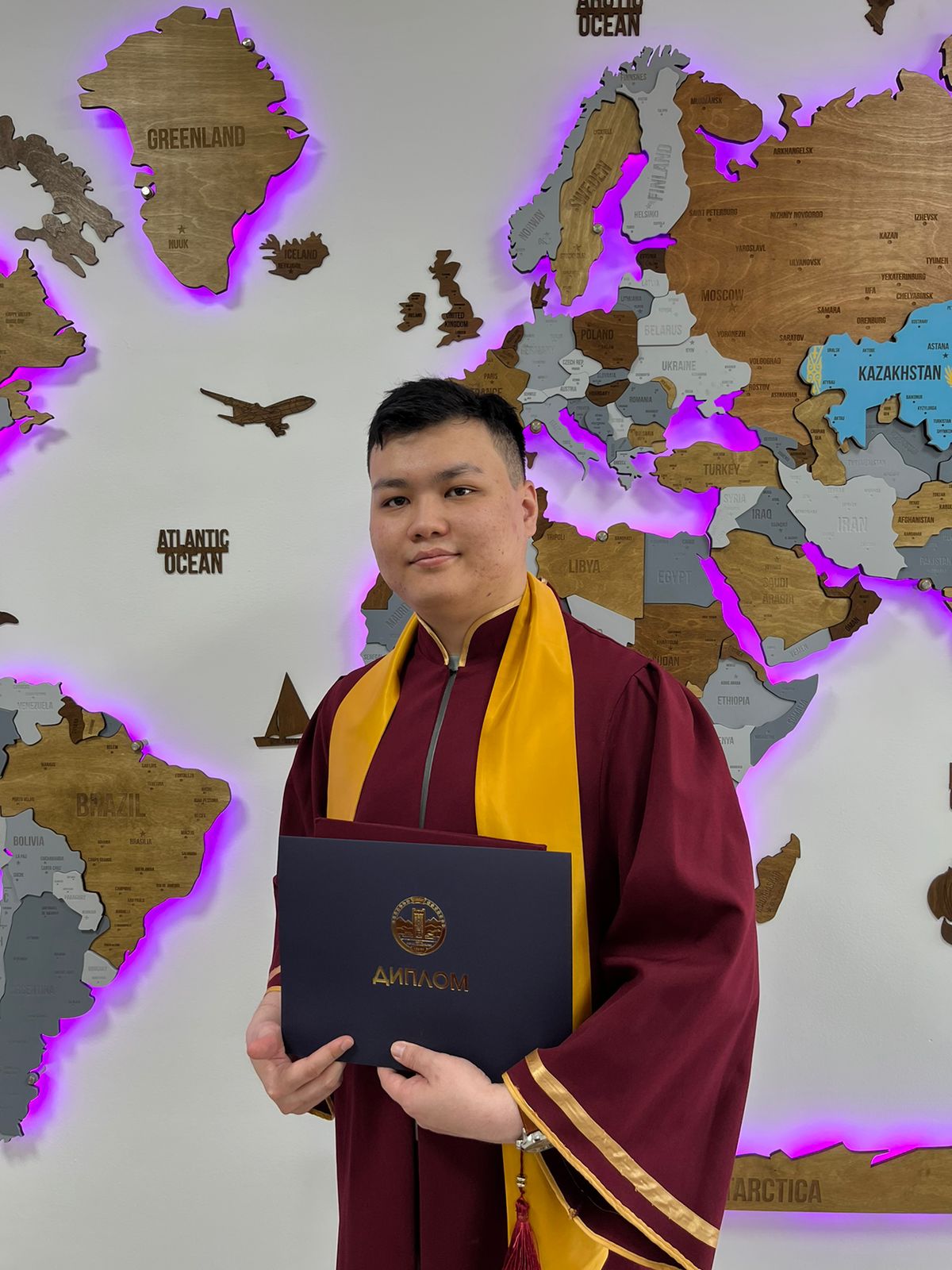
R.I. Bersimbay is a distinguished scientist who organises science and higher education. He earned his Doctorate in Biological Sciences in 1986 and became a Professor in 1989. His contributions to academia have been recognised through his election as an Academician of the National Academy of Sciences of the Republic of Kazakhstan in 2003, of the Academy of Sciences of Higher School of the Republic of Kazakhstan in 2001, and of the International Academy of Sciences of Higher School in 2002. Born on March 8, 1947, in Jazator, a village in the Kosh-Agach district of the Altai Republic, Russia, Bersimbay embarked on his academic journey by graduating from Novosibirsk State University in 1969. He completed his postgraduate studies in 1972 at the Institute of Cytology and Genetics of the Siberian Branch of the USSR Academy of Sciences in Novosibirsk and defended his dissertation to become a Candidate of Biological Sciences in 1974.
From 1975 to 2004, Bersimbay dedicated his efforts to the Biological Faculty of the al-Farabi Kazakh National University. There, he advanced from a senior lecturer to head of the department and eventually became the dean of the faculty. In 1977, he led the Department of Darwinism and Genetics. From 1987 to 2002, Bersimbay was in charge of the Department of Genetics and Molecular Biology, guiding it to become a leading centre for general and molecular genetics research and education in the republic. He also served as the dean of the biological faculty twice, from 1988 to 1995 and then from 2001 to 2004, marking a significant period of leadership and development in the field.
R.I. Bersimbay is an acclaimed molecular genetics expert and the pioneer behind a groundbreaking scientific field in Kazakhstan, which delves into the molecular-genetic mechanisms that regulate gene activity and explores intracellular and intercellular signalling mechanisms. Notably, he introduced the cascading principle of gene expression regulation influenced by hormones and formulated the concept of how regulatory cascades operate within cellular assemblies. His work significantly advanced the understanding of molecular principles and mechanisms in signal transmission through cell receptors. His research was recognised in the prominent American textbook "Principles of Biochemistry" by A.White and R.Handler, published by McGraw-Hill Book Press in New York in 1984.
Bersimbay's investigations have led to groundbreaking findings in the molecular mechanisms underlying genetic processes, such as genome instability with migrating genetic elements, hormonal gene expression regulation, signal transduction, and the genetic management of mutagenesis and carcinogenesis, including their interactions. He has significantly contributed to the scientific community with a prolific output of over 600 scientific publications, including the monograph "Cellular Mechanisms in the Regulation of Gastric Secretory Cells" published in Germany. His authorship includes essential textbooks like "Genetics" (2002, 2014, 2017), "General and Molecular Genetics" (2005), "Methods of Modern Biochemistry and Molecular Biology" (2010), and "Molecular Biology" (2014), catering to students in biological, medical, and biotechnological fields. Moreover, he has developed eight educational and methodological guides on genetics and related subjects, including the first Russian-Kazakh dictionary of general and molecular genetics terms.
From 1995 to 2000, Bersimbay headed the newly established Institute of General Genetics and Cytology. He founded the Research Institute of Biology and Biotechnology in 1993 at KazNU and the Institute of Cell Biology and Biotechnology in 2011 at L.N. Gumilyov Eurasian National University. His leadership extended to serving as Vice Minister and head of the Ministry of Education and Science of the Republic of Kazakhstan from 2004 to 2005, as the first Vice-Rector of the Academy of Public Administration under the President of the Republic of Kazakhstan from 2005 to 2008, and as Vice-Rector for Research and International Cooperation at ENU from 2008 to 2011.
Under R.I. Bersimbay's scientific guidance, over 30 candidates have defended their doctoral and PhD theses successfully. His proteges have achieved success within Kazakhstan and in prestigious scientific institutions across the USA, the UK, France, and Russia. Bersimbay's research endeavours took him to notable institutions such as the National Institute for Medical Research in the UK, the European Molecular Biology Laboratory in Heidelberg, the Hannover Medical Research Center, Aston University in Birmingham, and the National Institute of Biomedical Innovation in Osaka, Japan. Recognising his contributions, the National Institute of Biomedical Innovation in Japan named him an Honorary Visiting Professor in 2011. Following the Japan Society for the Promotion of Science (JSPS) invitation, he spent 2012 working at this institute and lecturing at various Japanese universities in cities like Tokyo, Nagasaki, Sapporo, Osaka, Kyoto, and Fukuoka.
Academician Bersimbay has founded a school of Kazakhstani biologists renowned internationally for its innovative work in molecular genetics. Since 2011, he has directed the Institute of Cell Biology and Biotechnology at the L.N. Gumilyov Eurasian National University, also leading its Department of General Biology and Genomics. Between 2015 and 2017, he chaired the national scientific council for "Life Sciences". His achievements have been recognised with the "Құрмет" Order, anniversary medals for "10 Years of Kazakhstan's Constitution" and "10 Years of Astana", as well as badges for contributions to the development of science and education in Kazakhstan from the Ministry of Education and Science. He was awarded the "Best University Teacher of 2014" grant by the Ministry of Education and Science of the Republic of Kazakhstan and has twice received the state scientific scholarship for significant contributions to science and technology in Kazakhstan. Professor Bersimbay has also been honored with the P. Kapitsa International Award by the Royal Society of Great Britain for his outstanding work.
Other news


